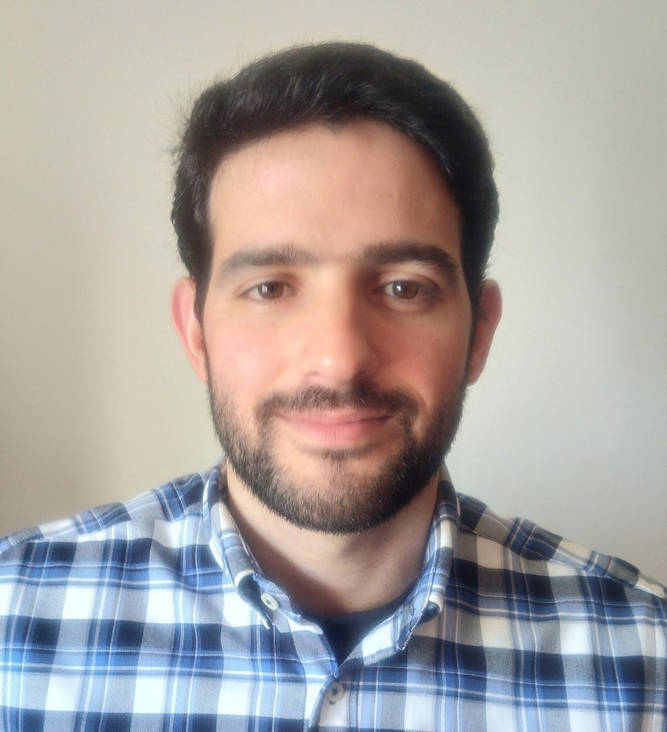Revisiting Dutch Brazil and Johan Maurits
Research Project
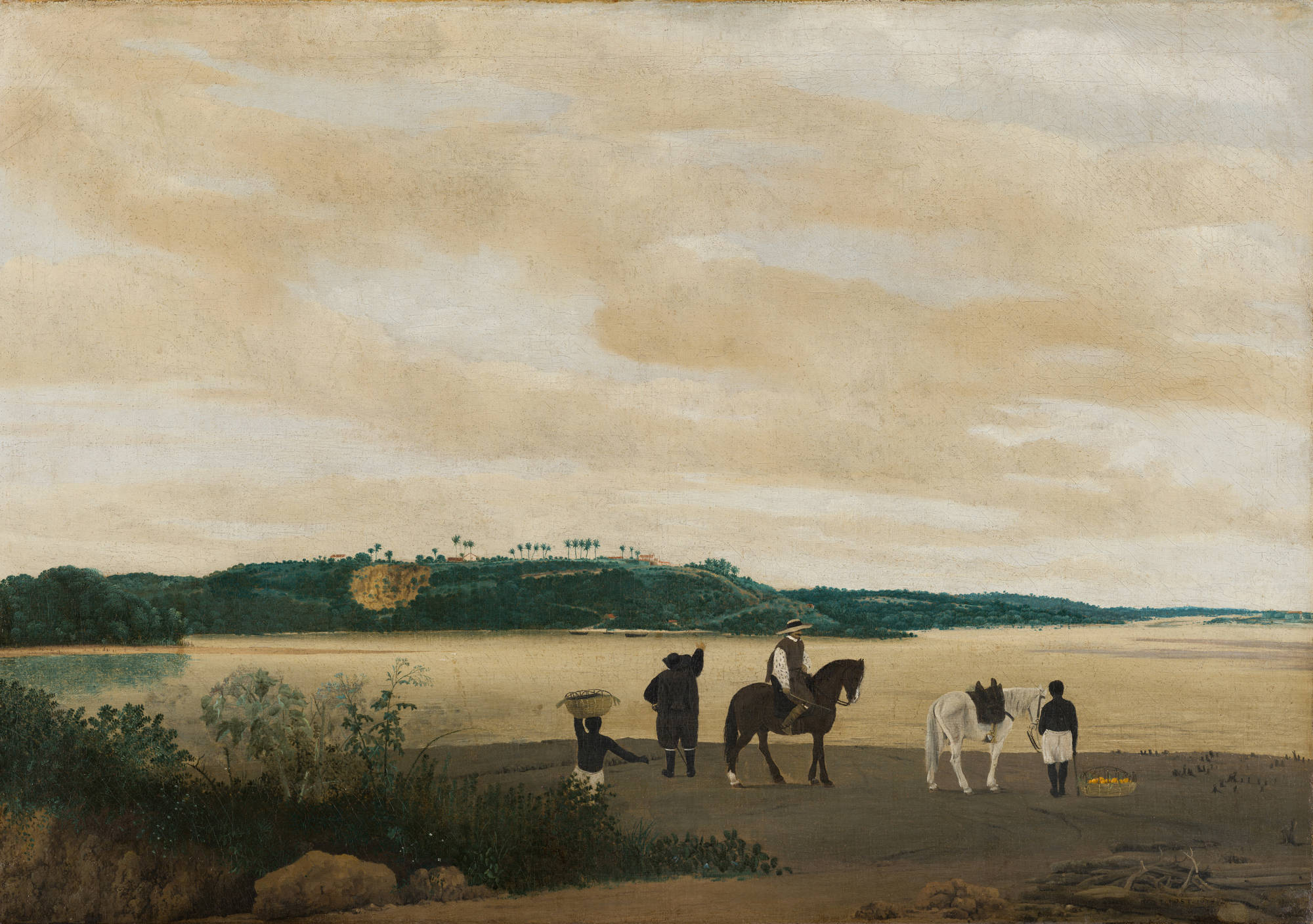
In the wake of the exhibition Shifting Image – In Search of Johan Maurits in 2019, the Mauritshuis initiated the research project Revisiting Dutch Brazil and Johan Maurits. The project focuses on historical (archival) research into the Johan Maurits’s time as governor in Brazil, with an emphasis on subjects that before now have been given little attention. These include Johan Maurits’s role in the transatlantic slave trade between West and Central Africa and Brazil, a role that previously has been downplayed by various writers. Head of the research project is Dr. Erik Odegard, who obtained his doctorate in 2018 with his thesis on the career path of Johan Maurits.
- Direct to
- Publication
- Research project
Publication
In an article recently published in the journal Early American History, h ead of the research project Erik Odegard and Carolina Monteiro (formerly junior researcher at the Mauritshuis, currently a Ph.D. student at Leiden University) write that new research has established that Johan Maurits traded in people at his own expense. While the slave trade was not illegal in the eyes of the WIC, the private trade in enslaved people was. Johan Maurits smuggled enslaved Africans into Brazil and sold them on to others. He also traded a ‘gift’ of two hundred people from the king of Congo for personal gain.
Head of the research project Erik Odegaard is also working on an article about private investments from the Dutch Republic in Dutch Brazil (in sugar mills and plantations, for example). This subject aligns with the public research that was carried out during the exhibition Shifting Image. Visitors to the exhibition were able to choose from a range of topics and the vast majority indicated a preference for research into private Dutch investments in Dutch Brazil. The resulting research has shown that individuals also invested great sums in Brazil: in total these investments amount to almost twelve million guilders.
Online seminar
On March 15 the Mauritshuis organised an online seminar in which historians who were part of, or were affiliated with, the Mauritshuis research project Revisiting Dutch Brazil and Johan Maurits (2018-2021) presented their research. The project, including a fellowship programme (2020-2021) with an international group of four researchers, was funded by the Gieskes-Strijbis Fund.
This project focused on research of the period of Johan Maurits’s tenure as governor in Brazil, with an emphasis on subjects that previously had been given little attention. Head of the research project was Dr. Erik Odegard, who specializes in the history of Johan Maurits, Dutch Brazil and the Dutch West India Company. The presented papers will be published afterwards in several peer-reviewed journals.
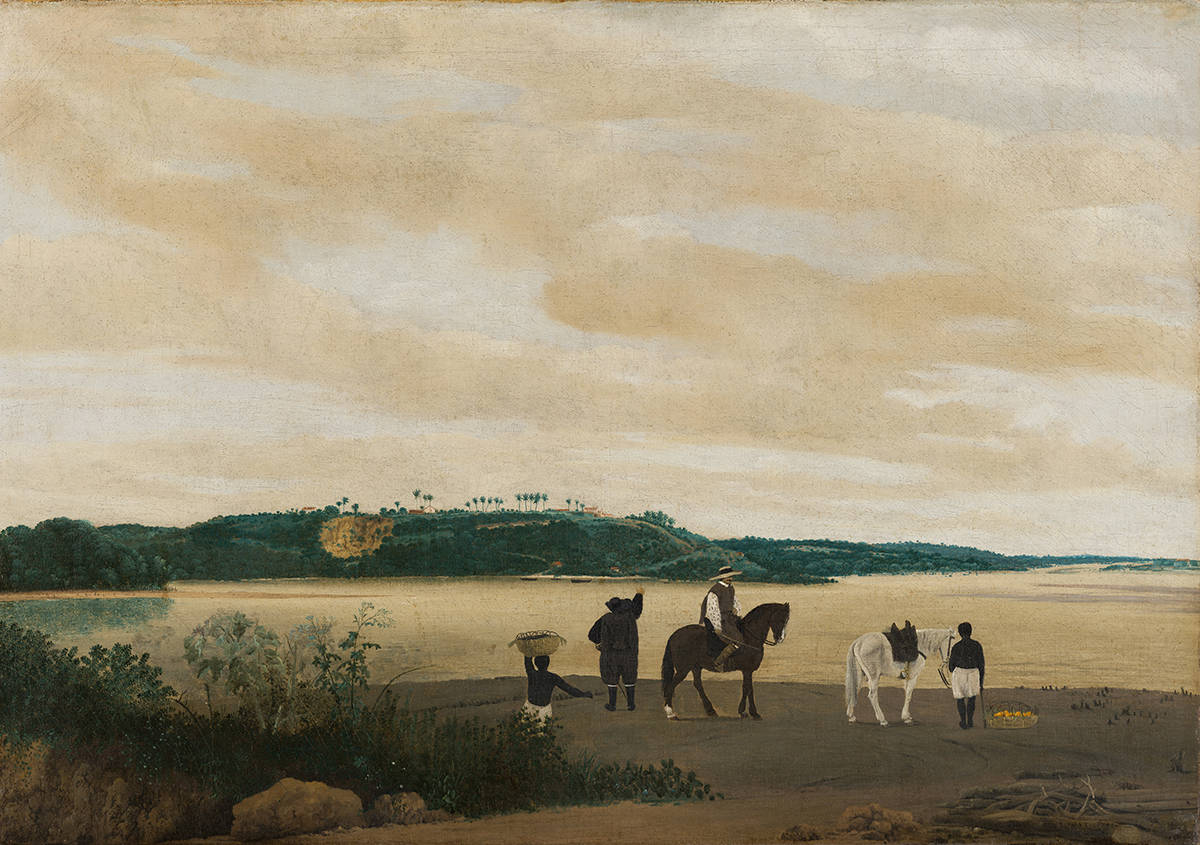
Research project
Over the coming period, four researchers will examine various aspects of Dutch Brazil and Johan Maurits in greater depth. To this end, a fellowship programme has been set up with the support of the Gieskes-Strijbis Fonds. The research period runs from September 2020 until December 2021 and will culminate in various academic publications and a symposium.
The selection of fellows was carried out under the supervision of an external advisory committee consisting of:
- Prof. dr. Michiel van Groesen, Professor of Maritime History, Leiden University, Institute for History
- Prof. dr. Catia Antunes, Professor of History of Global Economic Networks, Leiden University, Institute for History
- Dr. Karwan Fatah-Black, Leiden University, Institute for History
- Dr. Mariana De Campos Francozo, Leiden University, Faculty of Archeology
- Dr. Bruno Romero Ferreira Miranda, Universidade Rural de Pernambuco
Additional information about the researchers associated with the project and their subjects can be found below:
Erik Odegard (Head of Research)
Erik Odegard studied history at Leiden University and wrote his PhD dissertation on the career paths of Dutch colonial governors in the seventeenth century, including Johan Maurits. After defending his PhD, Erik started as a researcher at the Mauritshuis, working on the Shifting Image exhibition and the preparation for the current research project. Erik’s research is now focused on the entrepreneurs who invested in Dutch Brazil. Ongoing research has shown that private investors had invested nearly twelve million guilders in the colony before it fell in 1654. Erik has held fellowship positions at the National Archives of the Netherlands and the National Maritime Museum in Amsterdam and currently holds a position at Leiden University’s Institute for History.
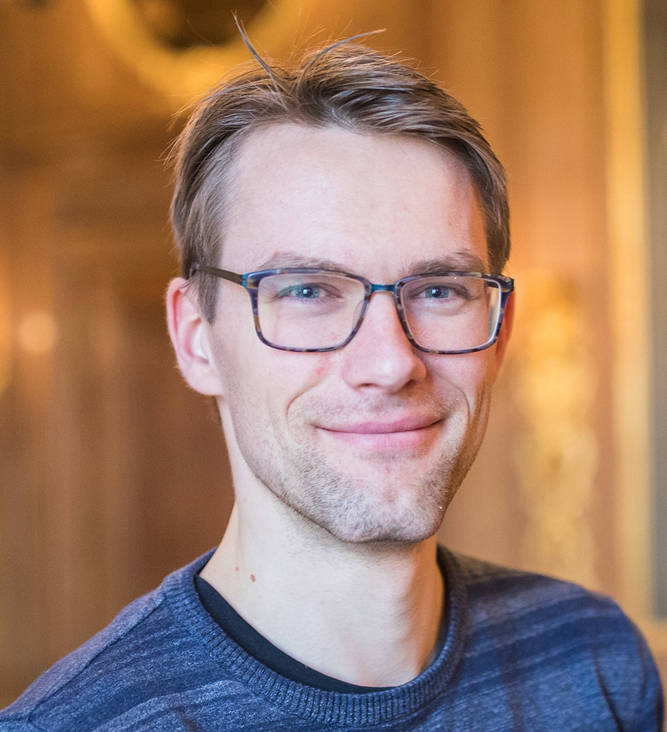
Mark Ponte (Researcher)
Mark Ponte is a historian working on early modern migration and slavery. He works part-time at the Amsterdam City Archives, including on the project ‘Alle Amsterdamse Akten’. In recent years he has mainly published on Black Amsterdammers in the seventeenth century. He conducted research for the exhibition Black in Rembrandt's Time in the Rembrandt House Museum and created the exhibition Amsterdammers and Slavery in the City Archives. He regularly writes for contributions to (public) historical books and magazines.
Research: ‘Tracing black lives in Brazil and the Dutch Atlantic’
The short-lived Dutch colony Nieuw Holland in Brazil played a crucial role in the settlement of black migrants in the Dutch Empire. Not only was this the beginning of the large-scale participation of the Dutch in the trans-Atlantic slave trade, some black Brazilians were also incorporated in the army and were sailors on WIC and private ships. Free and enslaved people from the Portuguese Atlantic (Brazil, Angola, São Tomé etc.) were crucial in the formation of black communities in seventeenth century Amsterdam and New Amsterdam.
Using a micro historical approach Mark wants to trace back the lives of black people in the Dutch Atlantic – including Amsterdam – to Dutch Brazil and if possible, to Africa. By collecting personal stories it will be possible to reconstruct some of the experiences of black people in the Dutch Atlantic.
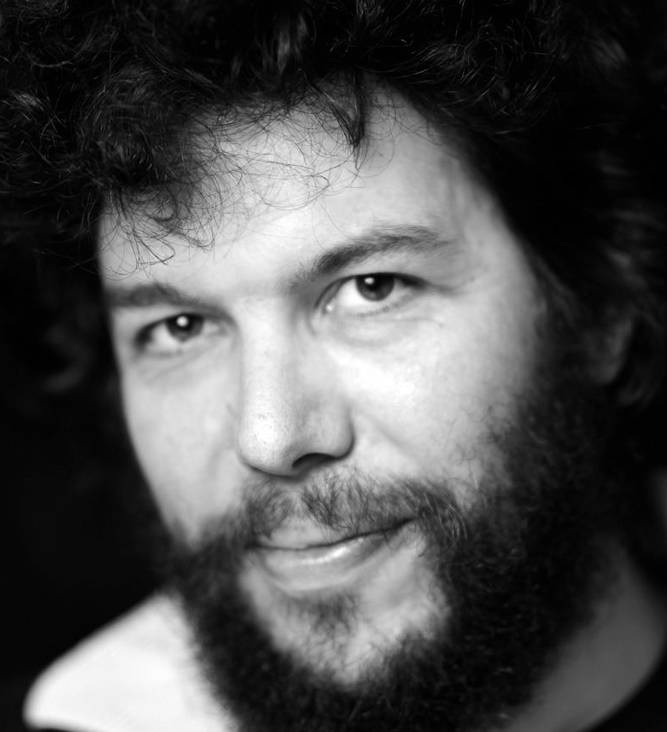
Irene Maria Vicente Martín (Researcher)
Irene Vicente is a Spanish historian, whose research has focused mainly on elite family networks and the manifestation of their politics in local and global levels in colonial Salvador, Brazil (16th-17th c.). Her broad research interests include the effects of the Iberian Union (1580-1640) on the Luso-American territories and the role of colonial cities as intermediate nodes of local contexts and imperial junctures. She is currently finishing her PhD in History and Civilization at the European University Institute. She holds an M. A. Degree in Advanced Studies in Early Modern History from the University of Salamanca and a B. A. with honors from the same institution.
Research: ‘Johan Maurits’ relations with the city of Salvador: war, diplomacy and cultural exchanges between Dutch Recife and Portuguese Bahia, c. 1637-1644’
At the Mauritshuis, Irene intends to kick off a new project on the changes in political relations between Salvador and Mauritsstad (Recife) during the term of Johan Maurits (1637-1644). The project will delve into the intercession of imperial politics in the daily affairs of the two Brazilian cities, taking as a backdrop the end of the military interests of the WIC, materialized in the siege of Bahia in 1638, and the beginning of the political rapprochement between the Dutch and Portuguese in Brazil following the Treaty of The Hague (1641). Research on everyday networks, gifts exchanges, peace-keeping troops, representatives or artists are expected to portray two cities with more shared history than is thought.
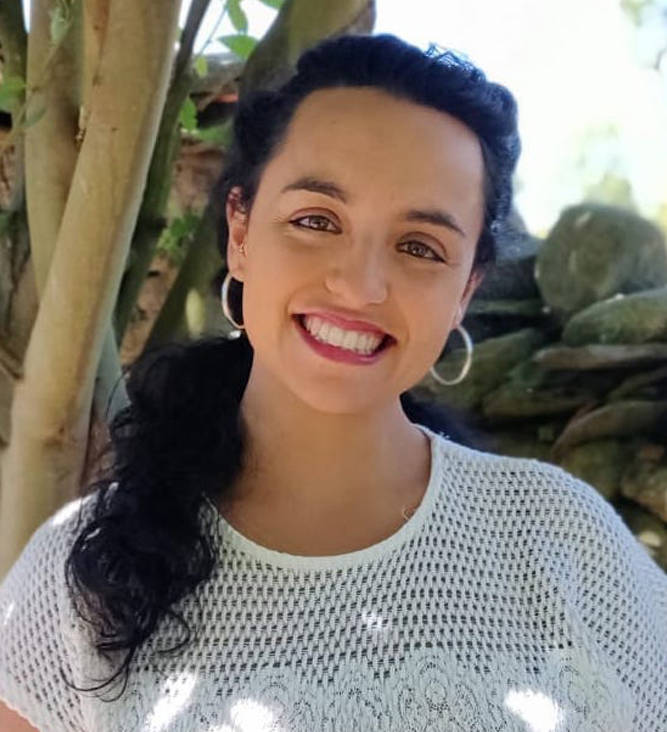
André Luís Bezerra Ferreira (Researcher)
André Luís Bezerra Ferreira is a PhD candidate at the Federal University of Pará (UFPA). He holds a Master’s degree in Social History from UFPA and graduated in Human Sciences - History at the Federal University of Maranhão. André will research the access of indigenous people and their descendants to the spheres of Justice and Colonial Administration in the Amazon (17th and 18th centuries), seeking to get closer to indigenous memories about historical processes that occurred in that region, including the Luso-Dutch wars.
Research: ‘Negotiated freedoms: Indigenous memories of the Portuguese-Dutch wars and the indigenous policies in the Portuguese Amazon’
This research aims to understand the importance of the Amazon and indigenous peoples in the context of the globalization of European states in the Early Modern Era. André will highlight the intermediation and negotiations between Europeans and indigenous peoples in the exploration of that region. This will emphasize the impact of the Portuguese-Dutch wars on the policies that regulated slavery and the freedom of the natives during this period. The sources provide evidence - vassal relations; indigenous families; Atlantic mobilities; wars - that demonstrate how slavery and freedom of the Indians were inserted in a complex political and social practice of negotiation and intermediation between Portuguese, Dutch, and natives.
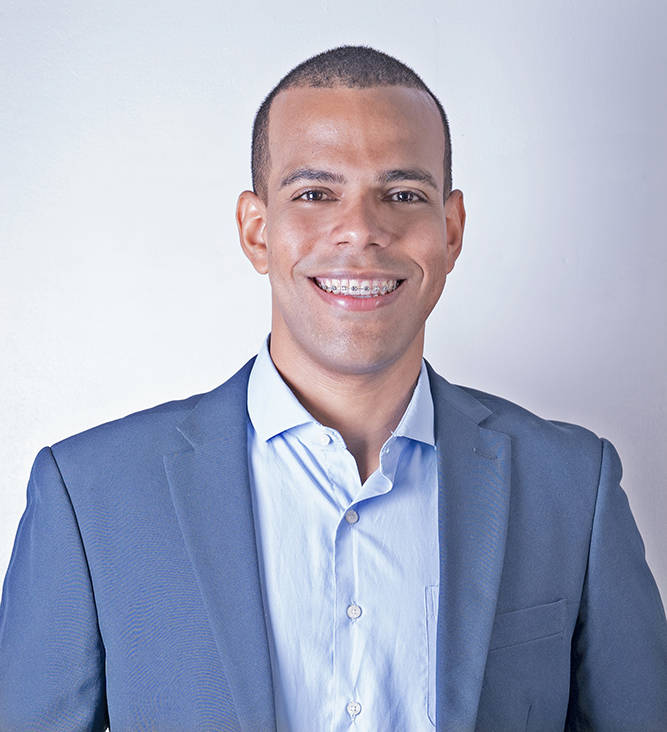
Miguel Geraldes Rodrigues (Researcher)
Miguel Geraldes Rodrigues is a Portuguese scholar with a degree in History from Universidade Nova (Lisbon). He acquired his PhD at the European University Institute (Florence) in 2019, with a thesis on the trans-Atlantic slave trade between the Portuguese and Spanish empires during the sixteenth and seventeenth centuries, focused on Angola. He is a collaborator for CHAM (Center for Humanities, Lisbon) as a Doctoral Researcher and as a member of the team in a RISE research project exploring rebellions and resistances in the Iberian empires.
'The South Atlantic slave trade: Competition, collaboration, and trans-imperial association between Dutch and Portuguese agents in Brazil and Angola (1600-1654)'
Miguel’s research at the Mauritshuis departs from his personal experience working on trans-Imperial and slavery themes. He will focus on the period of Dutch rule in Brazil (1630- 1654), in order to assess the Dutch impact in fostering the trans-Atlantic links between Angola and Brazil based on slave trading activity. It will follow the role of Portuguese Sephardic networks and Dutch merchants and highlight their active collaboration in slaving businesses on a trans-imperial level. Within this framework, it will uncover new data that will allow us to better understand the Dutch involvement and role in expanding the Atlantic slave trade.
